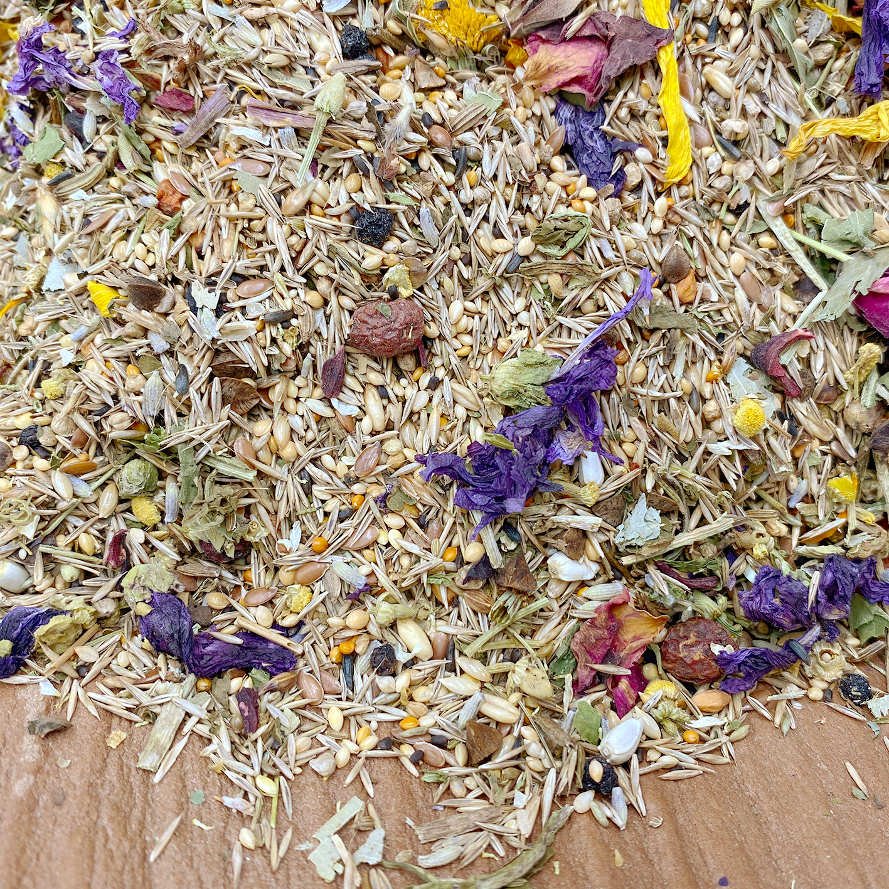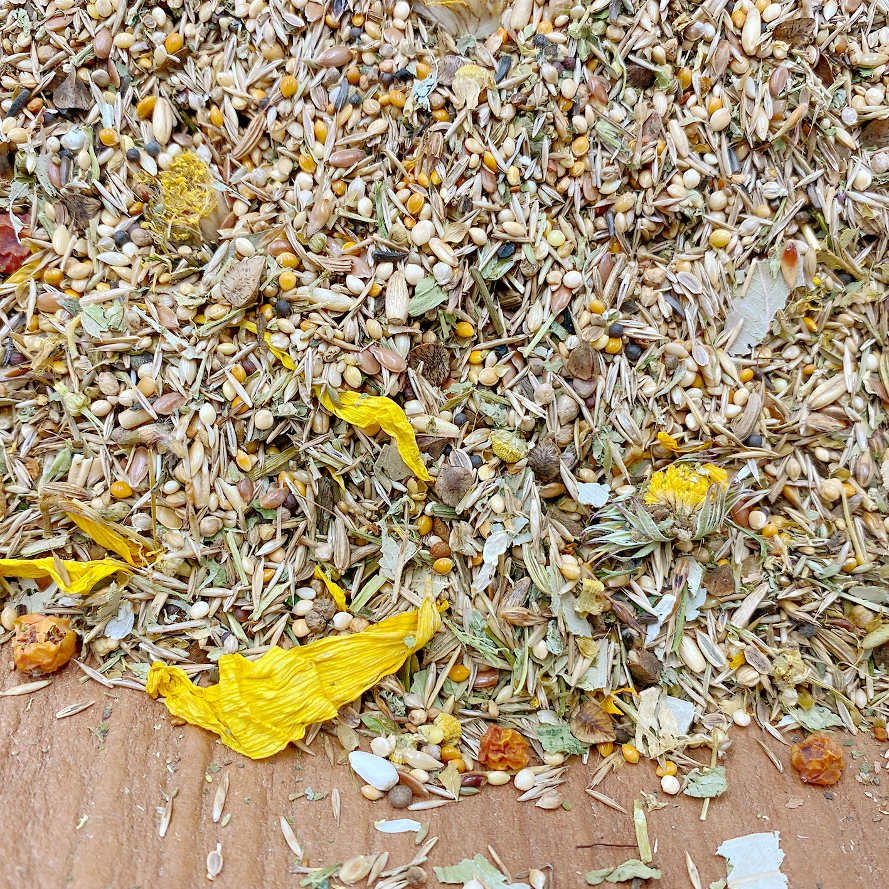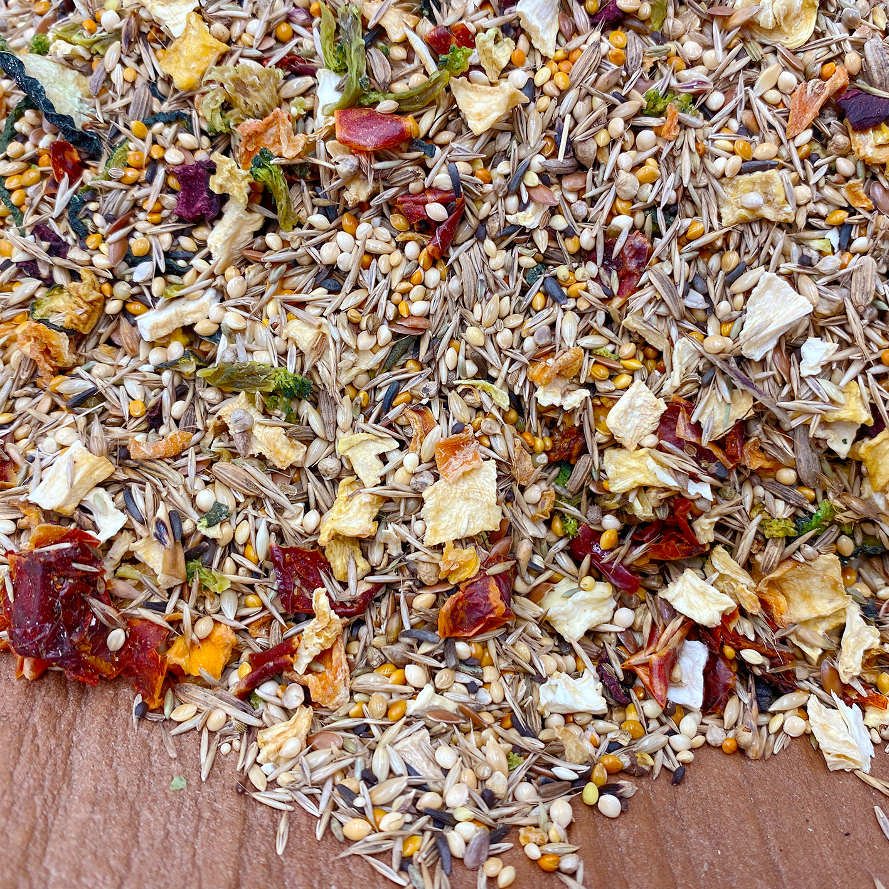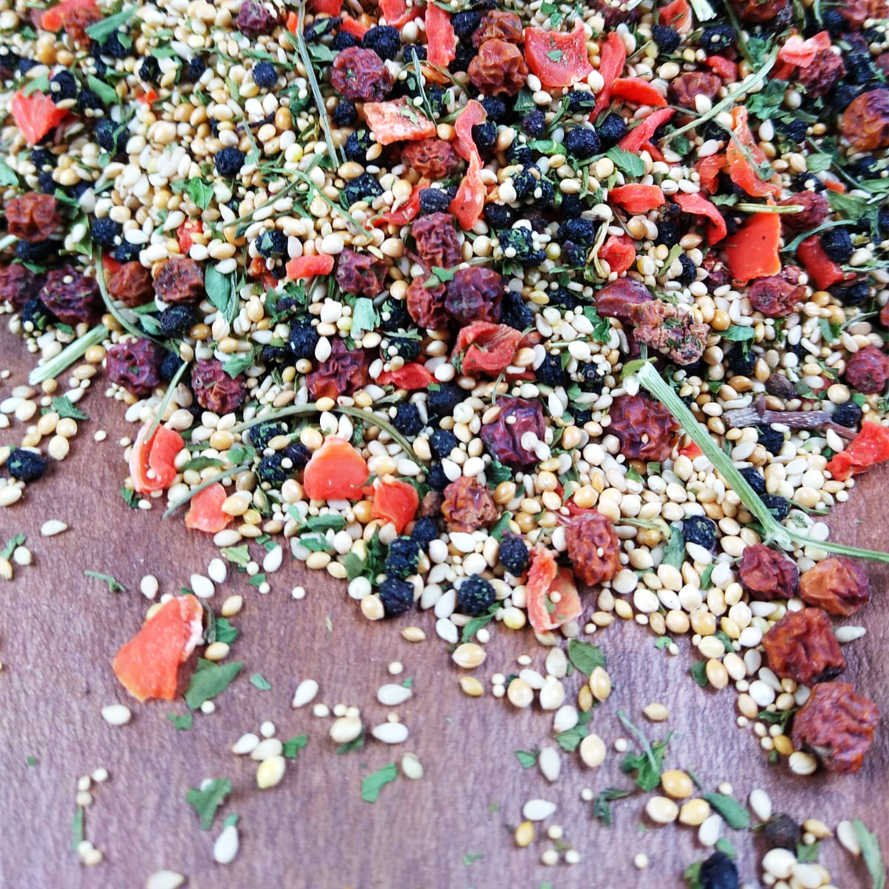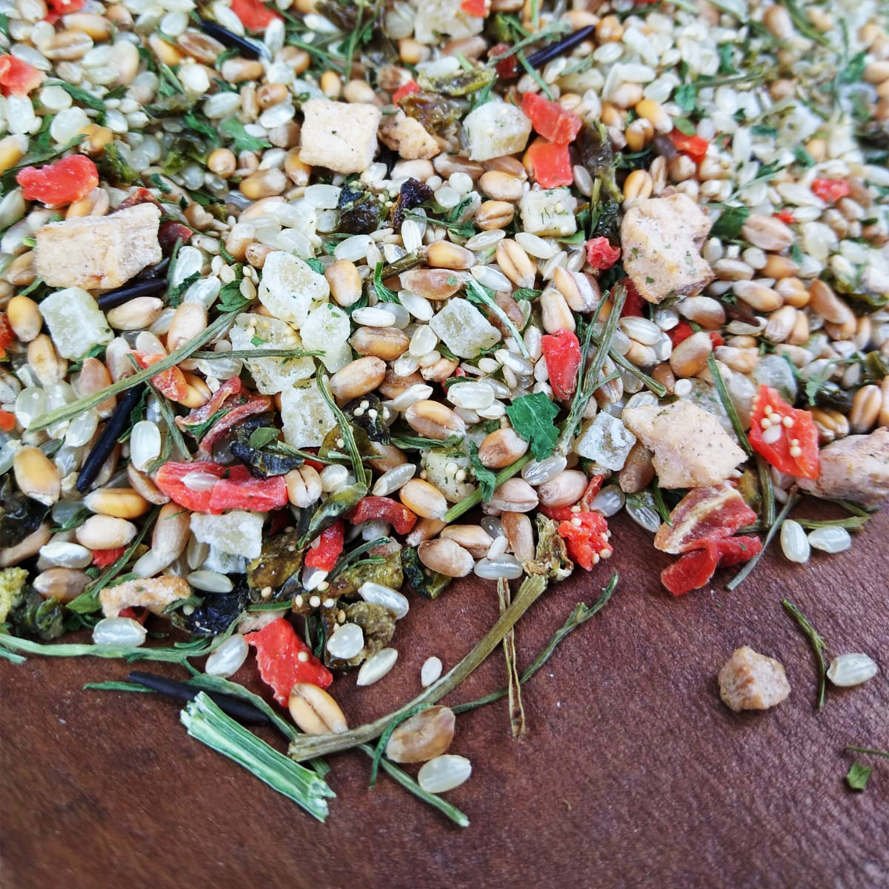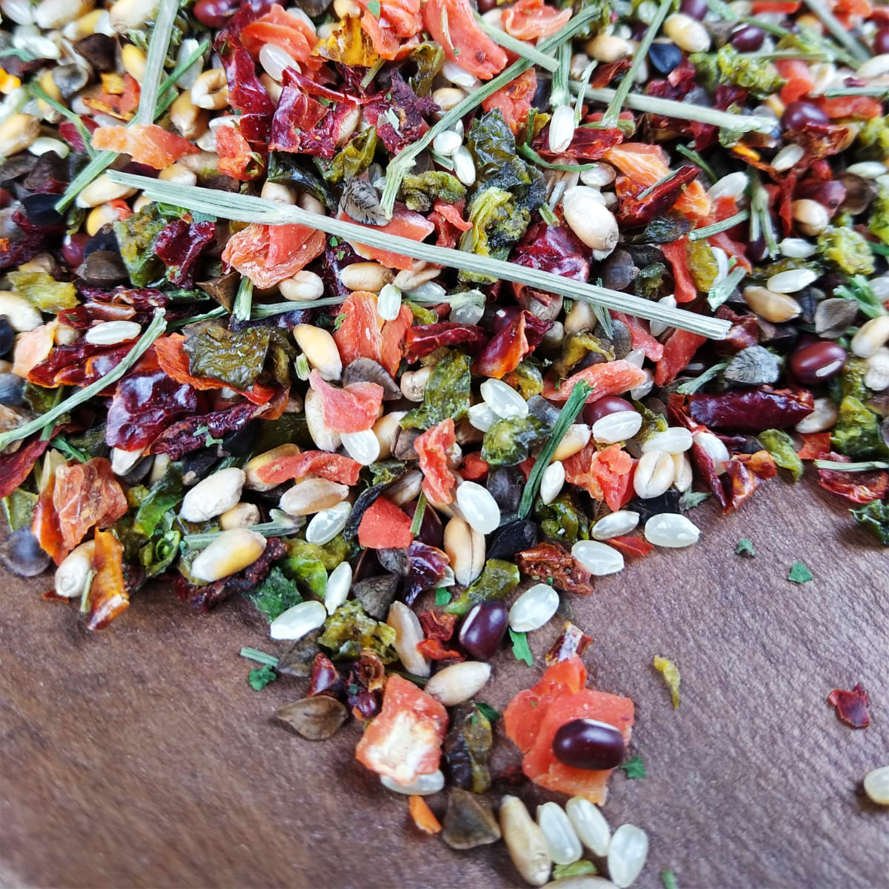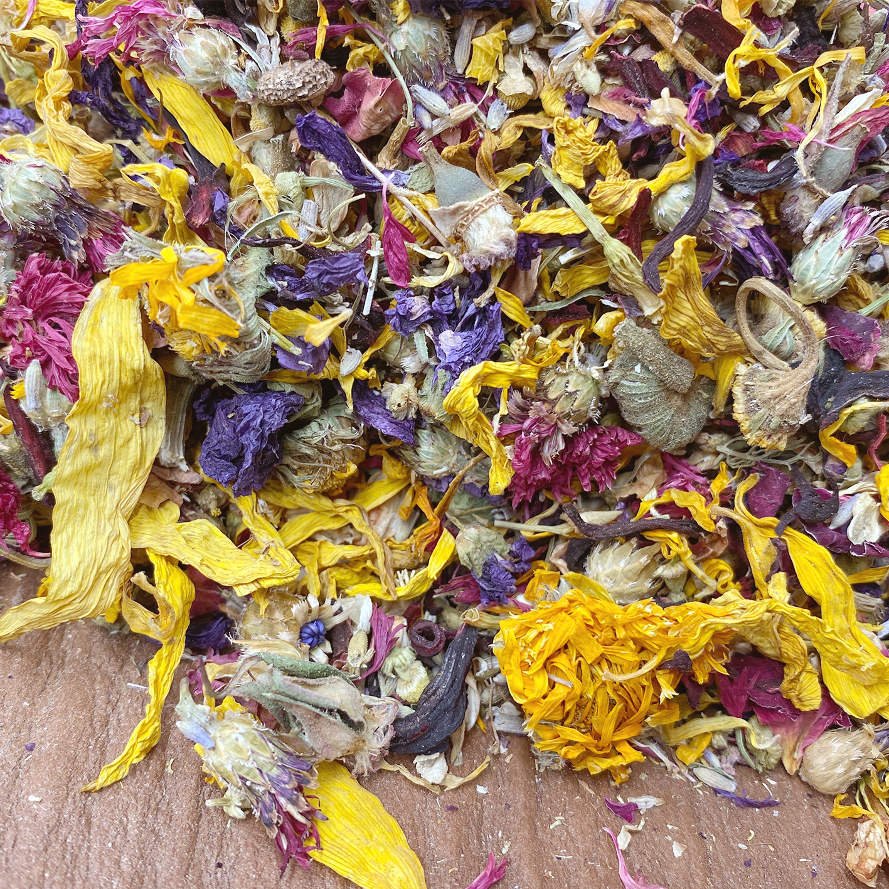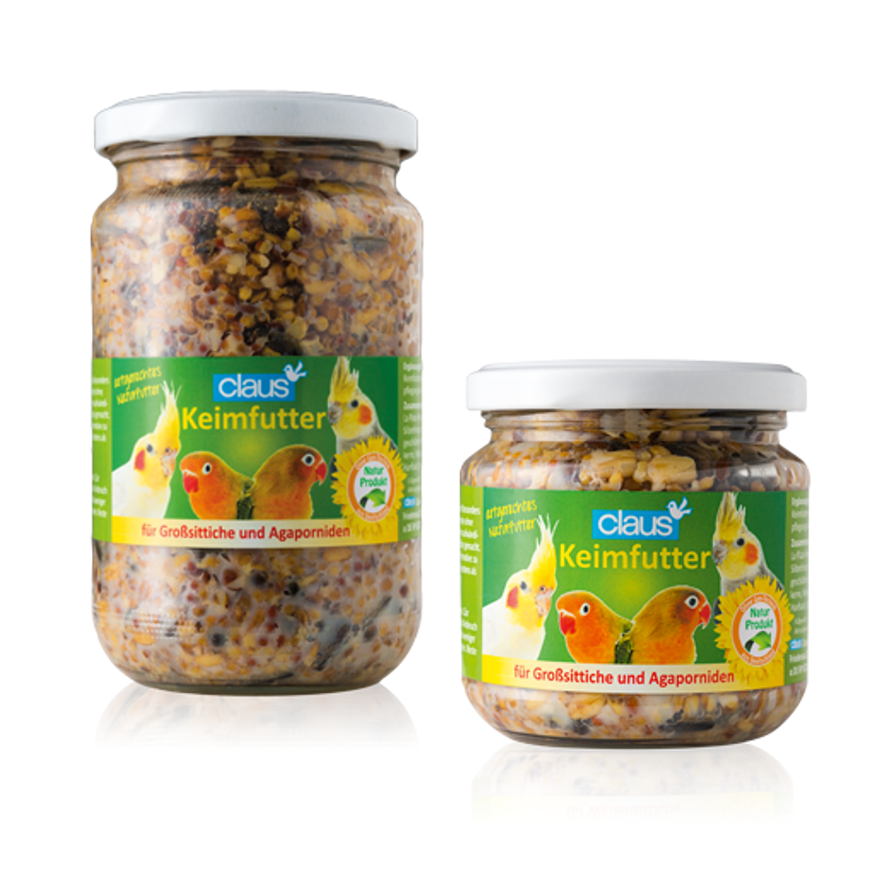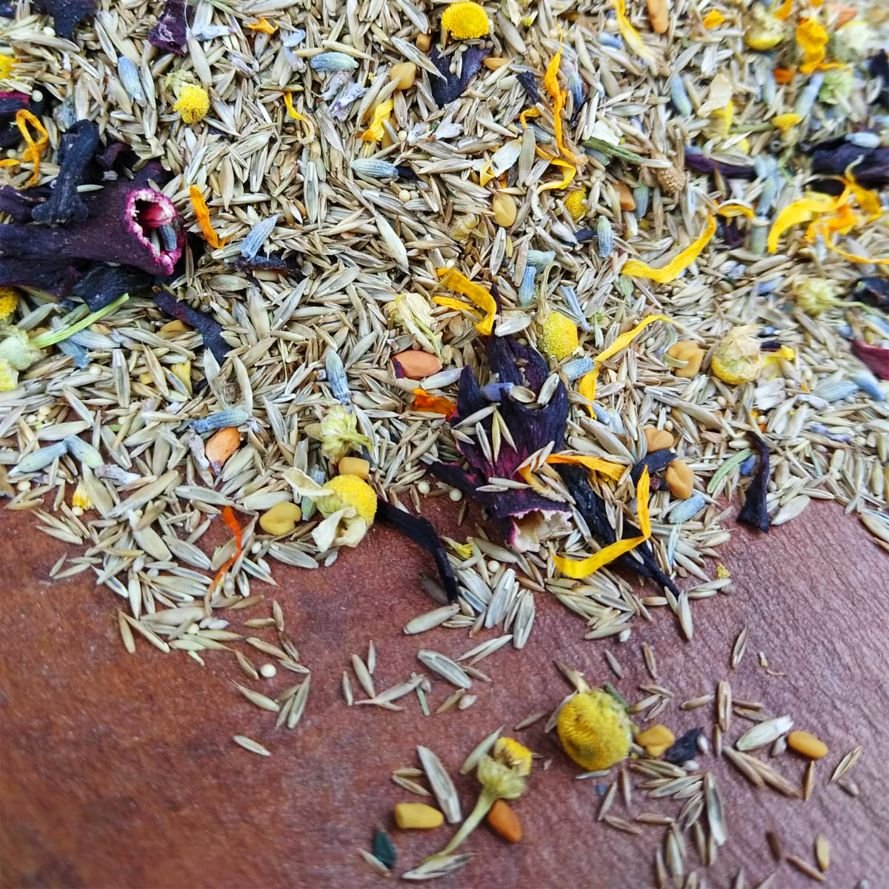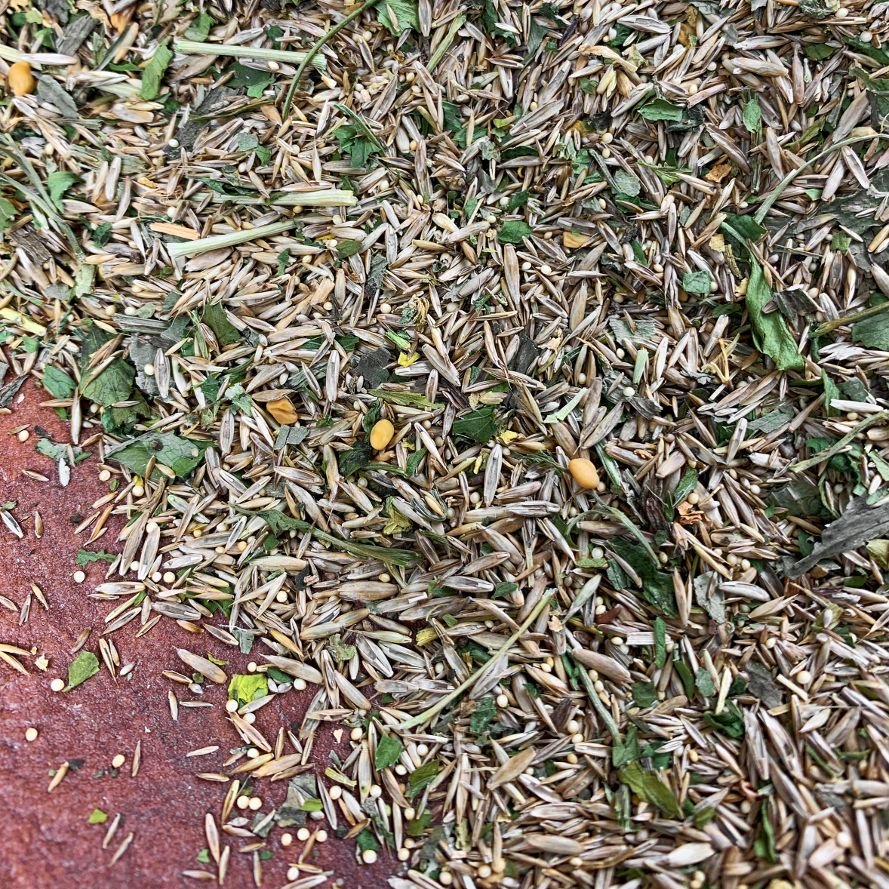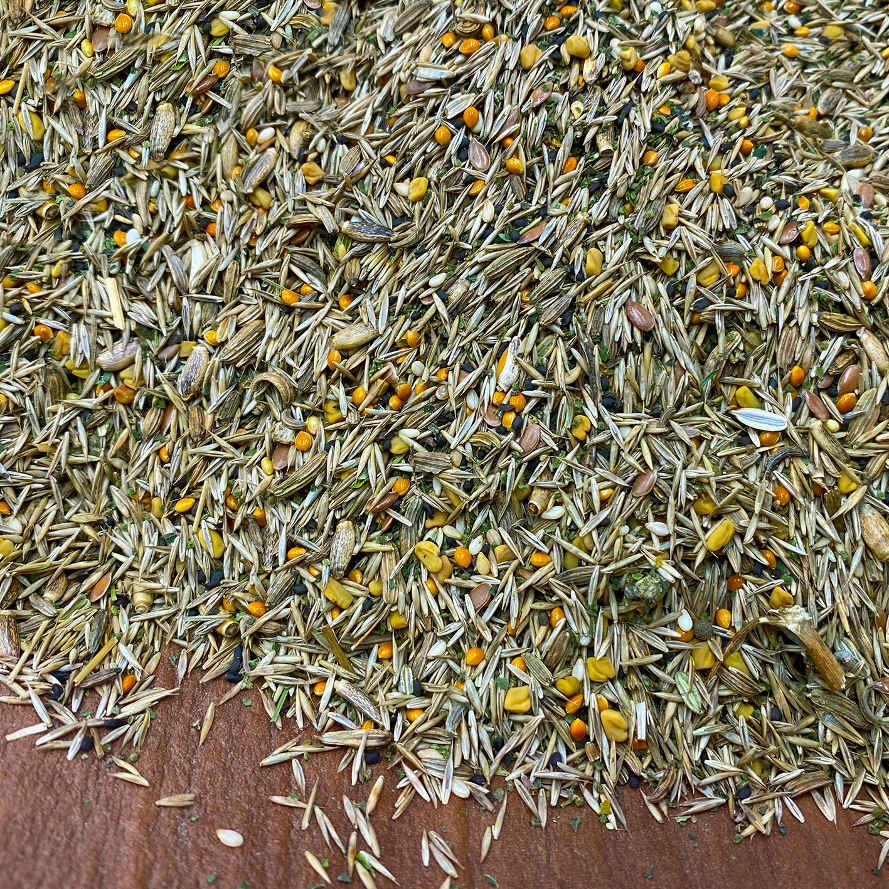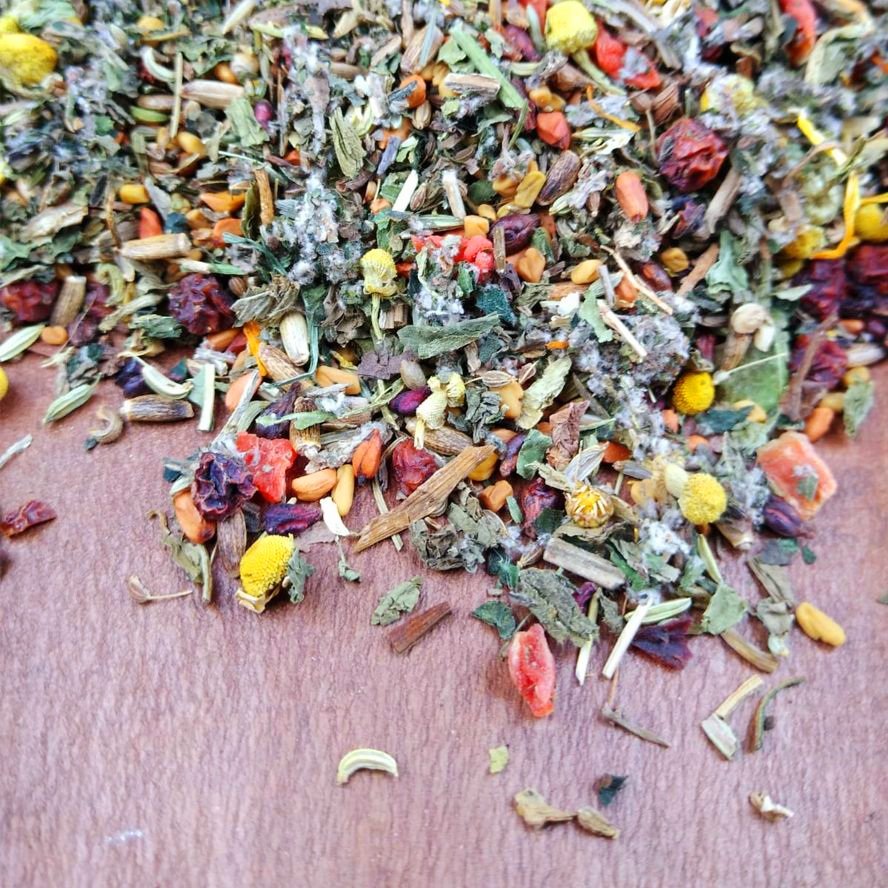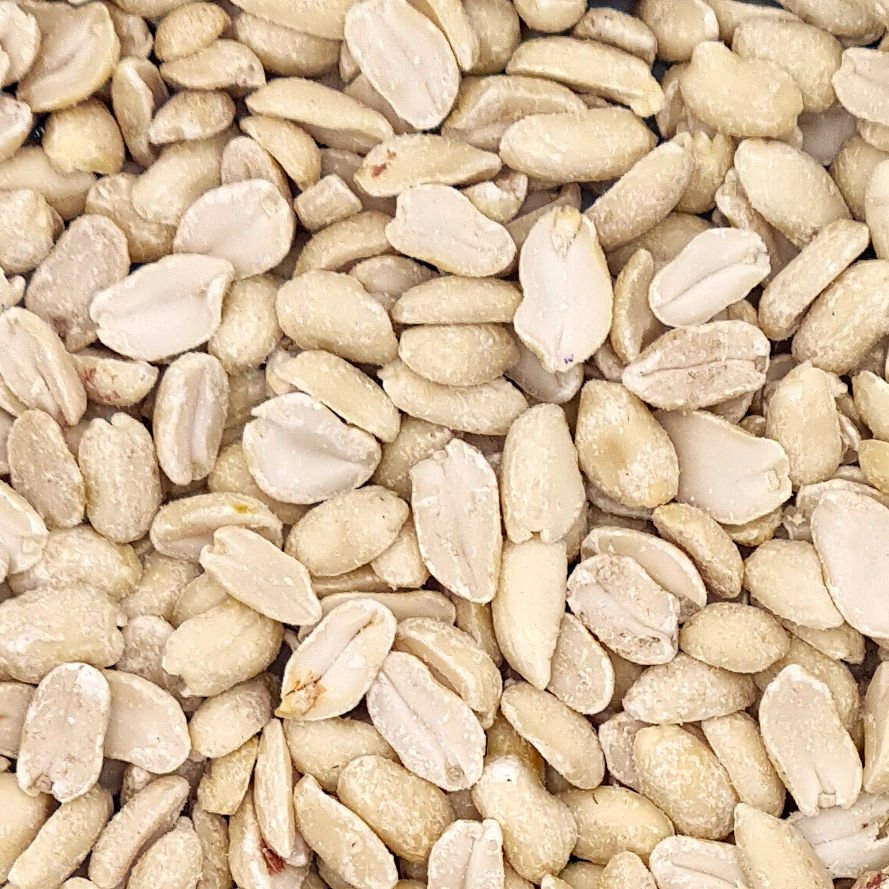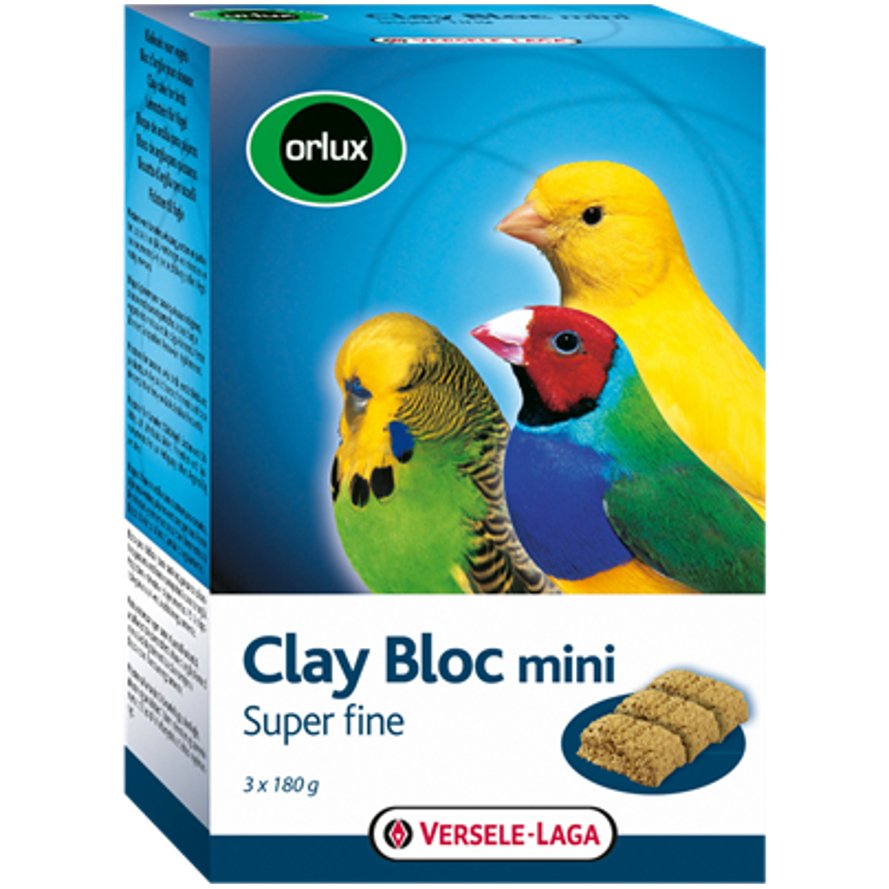
You can buy the best cockatiel food here
Welcome to our online store for healthy cockatiel feeding! Here you'll find premium and healthy cockatiel food specially designed to meet the needs of your feathered friends - from high-quality herb mixes to delicious vegetable mix. Ensure a balanced diet and the well-being of your cockatiels by purchasing healthy cockatiel food. Order now and do something good for your feathered darlings!- high proportion of grass seeds, flowers and berries
- without sunflower seeds
- high-quality (un)herbal seeds containing oil
- healthy herbs, flowers and grass seeds
- reduced energy content
- lots of vegetables and grass seeds
- without sunflower seeds
- s mall seeds for smaller parakeets
- low in fructose
Content: 0.5 kg (€9.00* / 1 kg )
- balanced ratio between fruit and vegetables
- satiating
Content: 0.5 kg (€9.00* / 1 kg )
- Cooked food with vegetables based on wheat & rice
- for large parakeets & parrots
- satiating
Content: 0.5 kg (€9.00* / 1 kg )
- With 9 different flowers from natural medicine
- Flowers can also be used for tea
Content: 0.1 kg (€45.00* / 1 kg )
- ready-to-use sprouted food for large parakeets & agapornids
- important nutrients, minerals and vitamins
Content: 0.21 Liter (€21.86* / 1 Liter )
- improved recipe of grass and flower supplement
- 5 varieties of grass seed and 4 varieties of flowers
Content: 0.5 kg (€19.00* / 1 kg )
- 6 different grass seed varieties with fine herbs
- millet and grain-free
Content: 0.5 kg (€19.00* / 1 kg )
- Improved recipe of the Health Extra
- High-quality herbal seeds known from herbal medicine
Content: 0.5 kg (€20.00* / 1 kg )
- as a food supplement or tea
- suitable for all parakeets and parrots
Content: 0.5 kg (€22.00* / 1 kg )
Darüber freut sich dein Liebling...
A profile of the cockatiel
The cockatiel as a pet
Cockatiel diet
The 5 most common diseases in cockatiels
- Obesity: also called obesity for short, occurs in most animals. By wrong nutrition with food from the discounter you feed the bird too one-sided and too greasy. Here helps the change to grass seed-containing feed mixtures.
- Feather plucking: The plucking of feathers can have many causes. Most are stress, malnutrition, but also solitary confinement. Because from a calm animal can quickly become a screamer, which tears off the plumage. Then the animals are not socialized enough or live in solitary confinement. Also a mineral deficiency can be present with feather plucking. In general, you should ask a veterinarian who knows birds for advice.
- Laying dead: This occurs when an egg is not laid. Therefore, egg death occurs without warning. Only the change of the eggshell would be an indication. So-called wind eggs would be a sign. The calcification around the egg is then insufficient. A change in the fallopian tube or the cloaca can be the cause. An infection for example. Especially females, which are under high laying stress, often have to fight with egg laying. To prevent the disease, cockatiels can be given vitamins and mineral stones. They then absorb calcium, vitamin D3 and vitamin A, which have a positive effect.
- Liver problems: It is not uncommon for liver disease to occur in cockatiels due to improper husbandry conditions and improper diet. Liver disease can be detected e.g. through the feces. The urine is then yellowish discolored, in severe disease even really yellow. Increased claw and beak growth, dull, lackluster, shaggy plumage can also be a sign. Then it is called off to the bird-expert veterinary surgeon. The change of diet can then take place. We offer a liver & kidney cure.
- Tumors: they are divided into malignant and benign tumors. Benign tumors are, among others, fat tumors. Such lipomas can be prevented or eliminated by species-appropriate feeding and plenty of exercise. Malignant tumors can unfortunately affect many organs: liver and kidneys are a few of them. Tumors are extremely rare to operate on in cockatiels and the mortality rate is high. This is because most vet visits in Germany are due to tumors. Euthanasia is usually not avoided. Since the cockatiel is very popular as a beginner pet among parrots, keepers usually mistakenly assume obesity or egg laying, although the cause of the disease is actually tumors.

